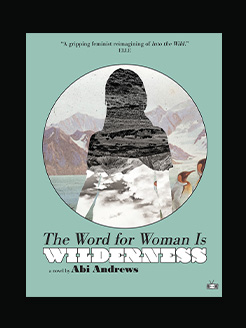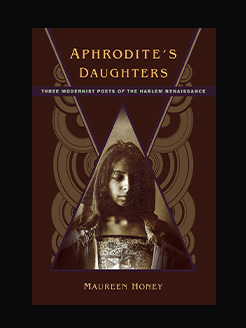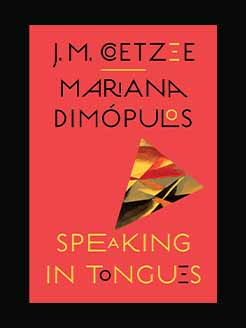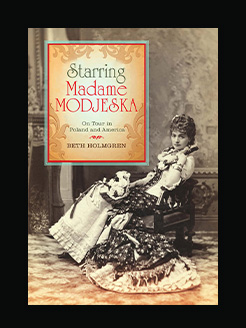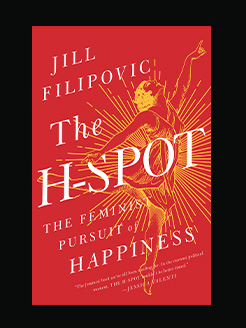Published in 2025
304 pqges
10 hours and 23 minutes
Carry Somers is a globally recognised entrepreneur, activist, speaker and opinion leader, named by Business of Fashion as one of the key people shaping the global fashion industry. As co-founder of Fashion Revolution, the world’s largest fashion activism movement with teams in over 90 countries, she has been instrumental in pressuring the industry to take responsibility for its social and environmental impacts.
Carry’s award-winning fashion brand, Pachacuti, became a pioneer of radical supply chain transparency and the world’s first Fair Trade Certified company. Since then, Carry has sailed from the Galapagos to Easter Island investigating microplastic pollution, collaborated on a show garden for RHS Chelsea Flower Show and appeared daily on the Nasdaq billboard in Times Square during New York Fashion Week 2022, which highlighted women-led social enterprises in the fashion industry driving social and environmental impact. Carry is lead consultant for The Good Clothes Show, which opened at the NEC Birmingham in September 2024.
A regular spokesperson in the media, Carry is a go-to commentator for the BBC and other media whenever there is a fashion news story. She has been interviewed on countless shows including NPR’s Here and Now, BBC One’s The One Show, Radio 4’s Mary Portas On Style and the EU Delegation’s official UK podcast, London Calling EU. In print, she has appeared in British Vogue, Vanity Fair, Financial Times How to Spend It, IRK Living At Home with an Icon cover article in February 2023, Vogue Portugal, Business of Fashion, Marie Claire France, Women’s Wear Daily and many others.
What is this book about?
If plants have shaped fashion’s past, couldn’t they hold the secret to its future? Global leader in sustainable fashion and natural storyteller, Carry Somers takes us on a journey through time and place to meet the plants that have shaped our clothes and reveals the human stories of the visionaries and idealists, activists and obsessives, pioneers and their passion, profiteers and greed–to help us understand how we might find better ways of working by reconnecting with nature.
For thousands of years, our clothes were created in harmony with nature. In Latin, textus means something woven and, from the beginning, textiles have been a means of communication–the Ömie women of Papua New Guinea swaddle babies in traditional cloth to imbue them with their identity and culture. We learned how to twist plant fibre into three-ply to strengthen it. Then colour became a symbol of power as the right to wear clothes dyed purple and blue was claimed by noblemen. The English passion for blue dye from woad came into conflict with the French love of red madder in medieval times. Grown separately, both plants are extractive but, if grown together, they would have restored and sustained the soil. Now we can look to culture and community to build a new, sustainable model, engaging with Indigenous peoples and traditions, those who are transforming plant fibres and dyes into a catalyst for resistance and an ally for justice, as well as the innovators exploring plant-led design for the future.
The Nature of Fashion is an epic sweep through history, revealing how plants have been used to make and dye our clothes. Textiles have transformed the human world–and the natural world. Now we need to re-root clothes-making in plants, rather than plastic, to find a new material future. Fashion is at a turning point–to look forward, we need to look back.
